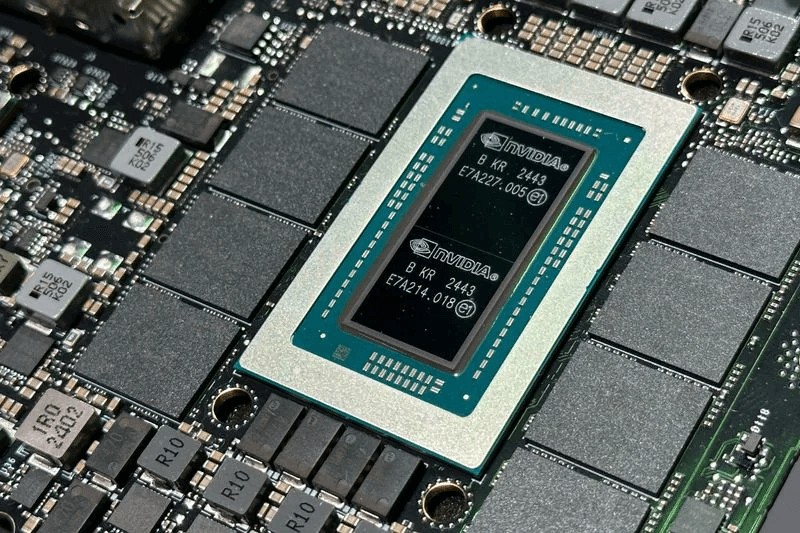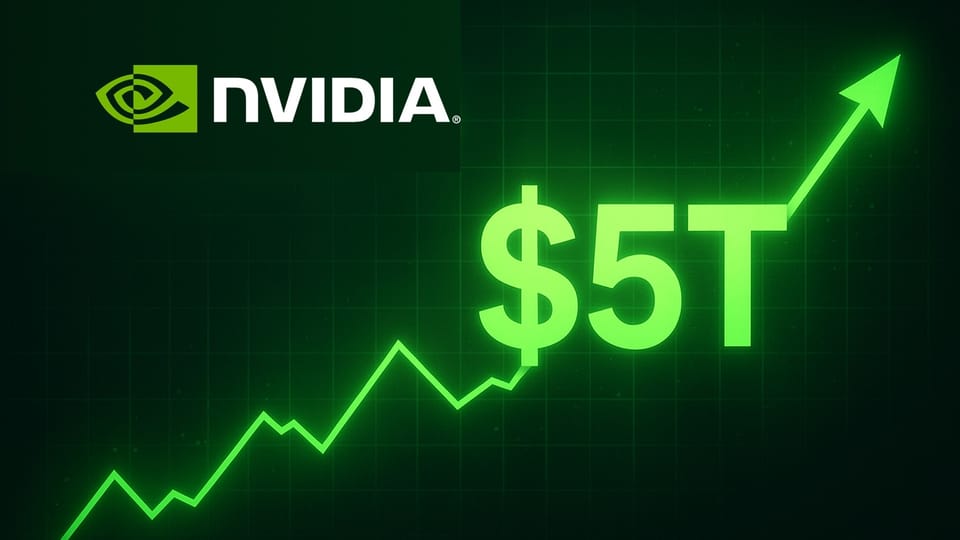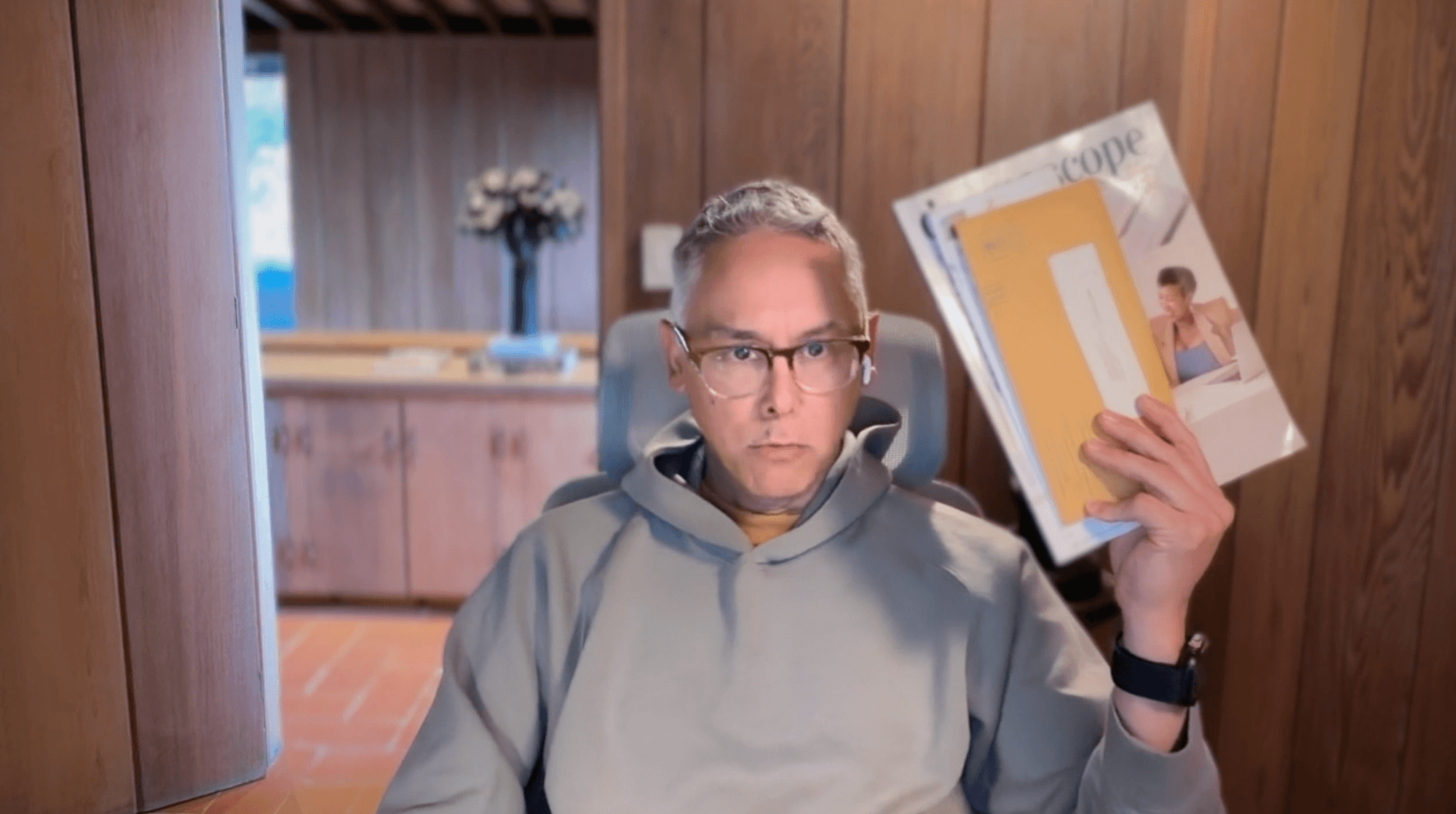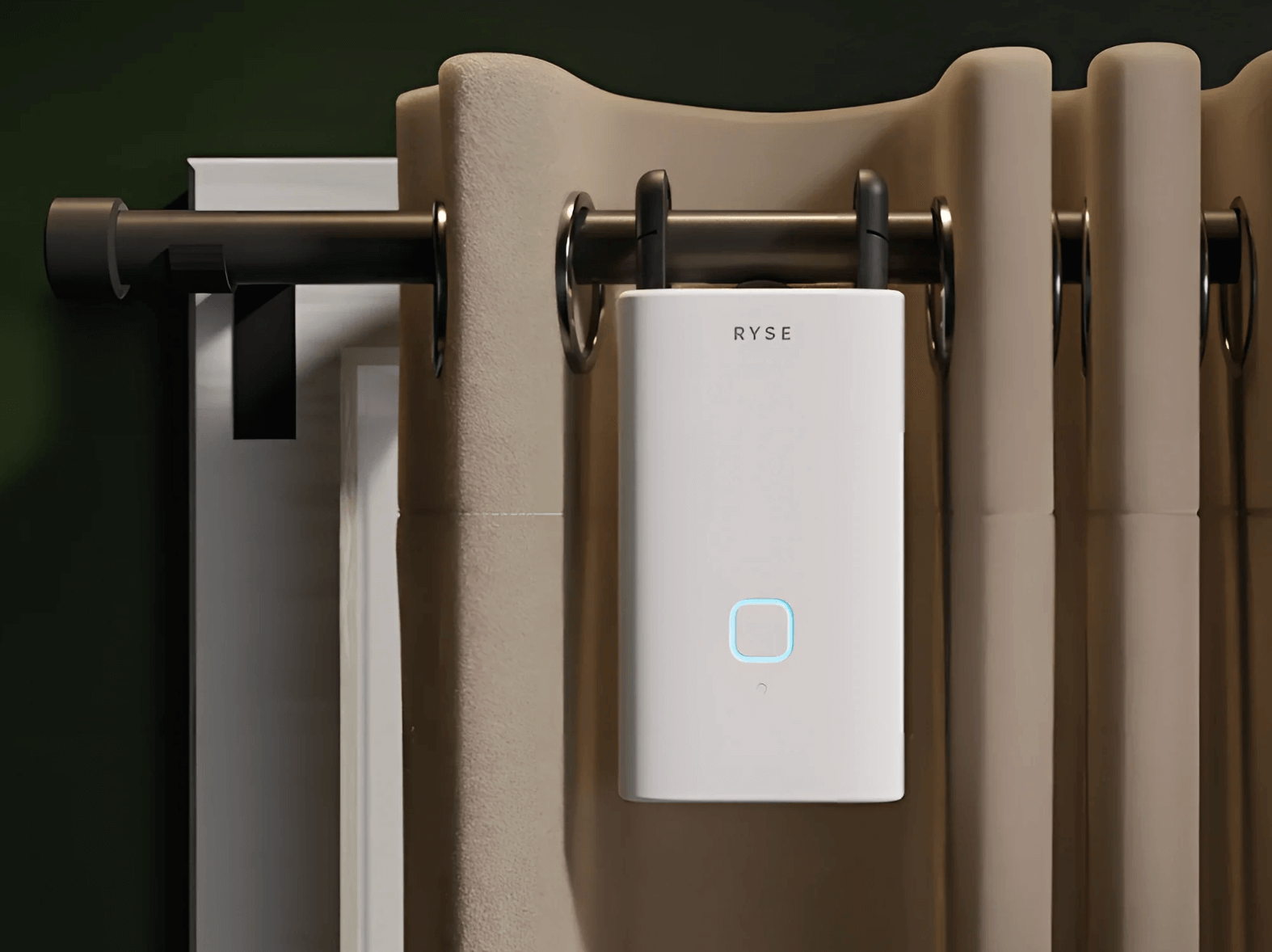The Next Tesla? It Might Be Hiding in Your Window Shades
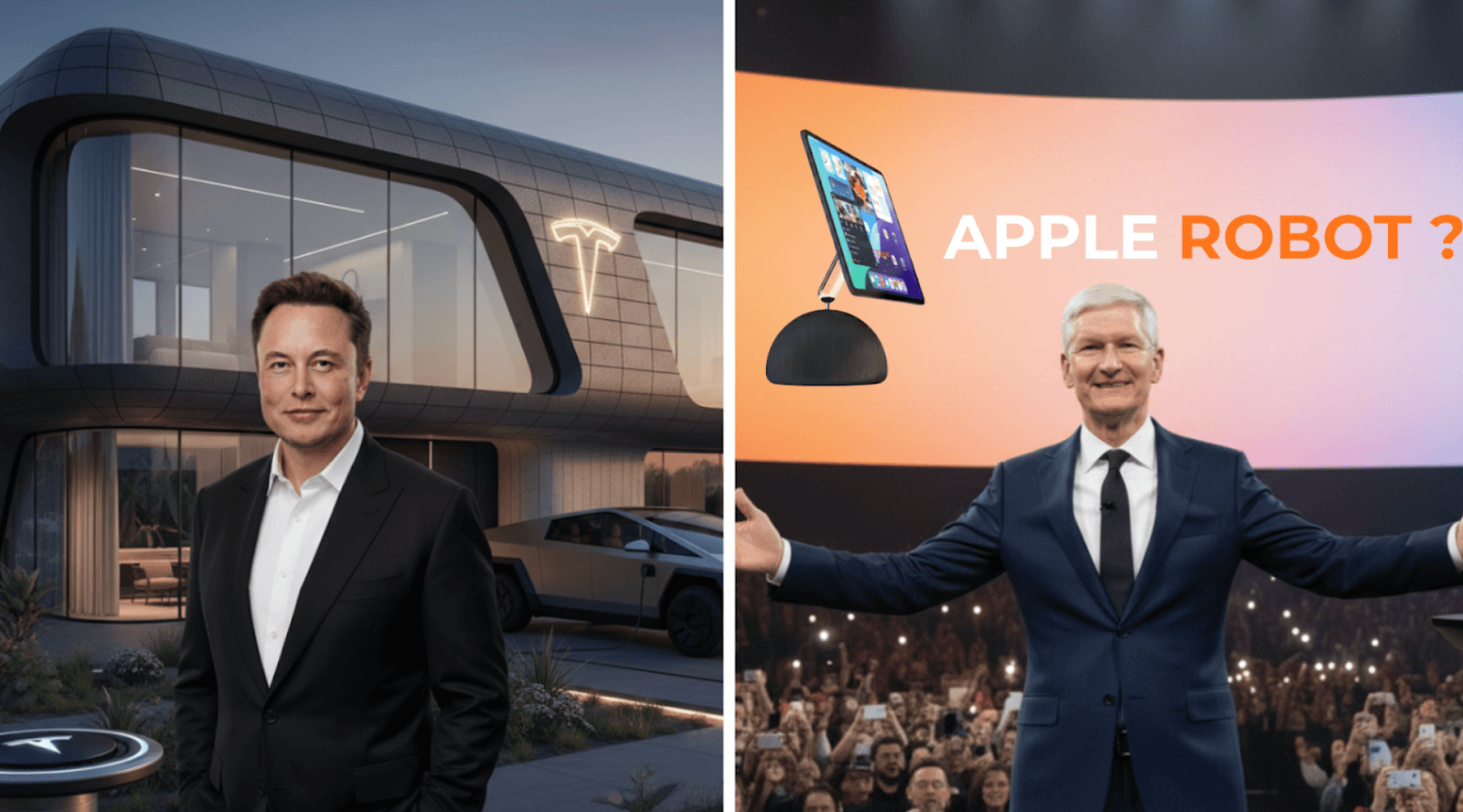

Be honest, when’s the last time you looked at your window shades and thought, “Yep, that’s the future right there.” Probably never. Shades are the ultimate background character. They just hang there, blocking sunlight and collecting dust. But here’s the twist: the same way Tesla made everyone suddenly care about their garage, a tiny startup might just make you care about your windows.
See, Elon Musk isn’t stopping at cars. He’s building the Tesla Smart Home; solar panels on your roof, batteries in your garage, AI running your thermostat. It’s a future where everything in your house is connected and efficient. But there’s one piece missing. Something surprisingly ordinary. Something that quietly affects your comfort, your bills, and even your mood.
Your shades.
Yeah, those fabric panels that hang unnoticed on your windows could actually be the invisible engines of energy efficiency. Turns out, those “boring” shades are doing more than blocking sunlight, they could cut your energy bill. Most homes lose up to 30% of their heating and cooling through windows.
That’s money, your money, literally leaking out while your AC works overtime. Now imagine your shades automatically lowering when the afternoon sun hits, or opening at sunrise to save on lighting. No more tugging cords. No more forgetting to close them. Just quiet, intelligent movement, kind of like the Model 3 gliding down a highway.
That’s exactly what RYSE is doing. They’ve built patented smart shade tech that retrofits onto any window, turning “dumb” blinds into connected devices in minutes. Think of it as upgrading your windows without replacing them, like giving your 2010 Honda a Tesla brain.
And they’re not just tinkering in a lab somewhere. RYSE is already in over 100 Best Buy stores, protected by 10+ patents, and growing over 200% year-over-year. That’s not a hobby. That’s traction.
The world’s biggest tech players; Tesla, Apple, Amazon, and Google are throwing billions at the smart home race. Tesla’s got the cars and the batteries. Apple’s launching locks and hubs. But nobody has the shades. Yet.
And here’s where it gets interesting: early investors in companies like Ring and Nest made fortunes when Amazon and Google came knocking and scooped them up for billions. RYSE is quietly sitting in that same sweet spot; owning a category nobody’s claimed yet, in an industry worth $158 billion and growing 23% a year.
So yeah, maybe your shades won’t drive themselves. But if you told someone ten years ago your doorbell would one day make billionaires, they’d have laughed too.
The question isn’t whether smart homes are the future, it’s whether you’ll still be on the outside looking in… through dumb blinds.
*Disclaimer: The content in this newsletter is for informational purposes only. We do not provide medical, legal, investment, or professional advice. While we do our best to ensure accuracy, some details may evolve over time or be based on third-party sources. Always do your own research and consult professionals before making decisions based on what you read here.

